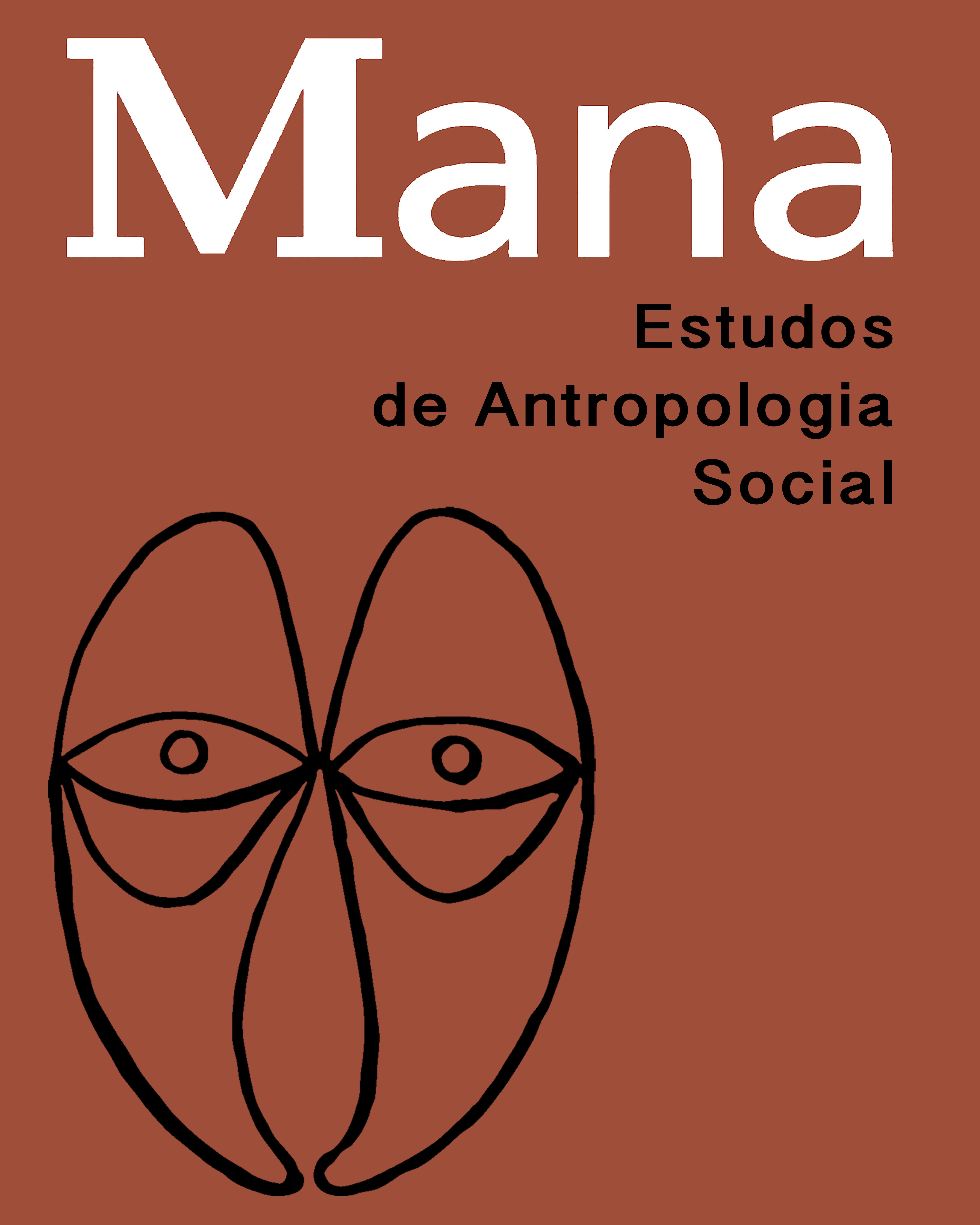Examining the experience of the Toba Qom of the Argentinean Chaco in the conquest of citizenship, land and the Gospel, we will analyze the multiple ways of being Qom, making it evident that, although there is an ample repertoire of possible ways of being Toba, this repertoire is not infinite. We stress that, from a subjectivity in becoming, the relationships of the Qom with the whites is, in principle, fundamental in the constitution of the self, and we highlight that "internal" differences are inherent in the historical process of constituting the Toba. We will analyze the multiple perspectives of relations with the whites that emerge in connection to the appearance of a neighbourhood in the urban fringe during the 1960's, focusing on the Qom notions of agency without limiting ourselves either to the geographical frontiers of the neighbourhood or to the historical frontiers of the relationship between the Qom and the Nation State. The relationship of the Qom with the whites can be read as the history of the separation of similar beings. We propose to demonstrate that, in the counter-current of this separation, through the Gospel, land and citizenship, and in seeking the conquest of equality, the Qom have, once again, sought to transform themselves into the affines of former foes.
Toba; Indigenous agency; Political actions; Recent History

